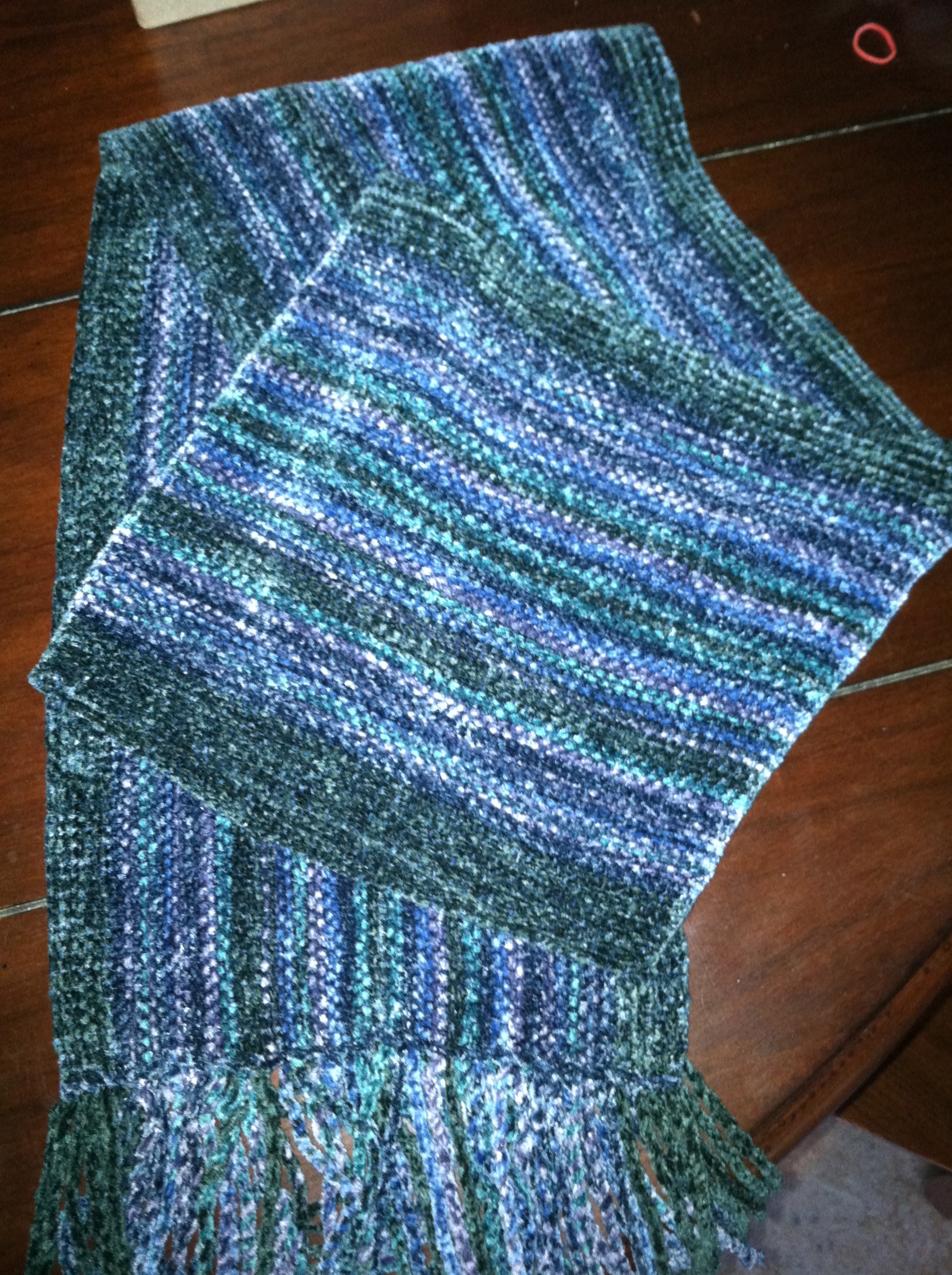
“But when I first got cancer, after the initial shock and the fear and paranoia and crying and all that goes with cancer – that word means to most people ultimate death – I decided to see what I could do to take that negative and use it in a positive way.” – Herbie Mann
Unlike tumor cancers, the stage of multiple myeloma at the time of discovery is not a determining factor of your ability to overcome the disease with a decent QOL and life expectancy. Dave was diagnosed Stage III. It was an indication of how severely the disease was impacting his body. He was near kidney failure and had a T8 vertebrae compression fracture (which was what took him into the emergency room). He had so many lesions that the radiologist at this small town hospital diagnosed him with metastatic cancer of the spine. It was the general oncologist working there, a recent graduating Fellow, who recognized the film as potentially being Myeloma and ran the 24 hour urine/blood work to confirm. Imagine that you are happier to have Myeloma than metastatic cancer of the spine! It’s funny how your perspective on things becomes so personally relative.
So for those of you newly diagnosed, waiting to see what stage you are in, or freaking out because you are Stage III, out of three stages. Breathe. This is a whole different ball game. Whatever you think you know about cancer, or past assumptions you have made, do your best to throw them out and look at this with fresh eyes, a clear head, and begin the arduous journey of learning about a cancer you probably never heard of.
The true indicator of your ability to overcome this disease will be chromosome abnormalities that tend to be resistant to the chemotherapy drugs used to treat MM. (Eighty-five percent of those newly diagnosed will be deemed Low Risk and will respond well to treatment.) Doctors are not all up to date on the latest information on these chromosome abnormalities, so I urge you to seek out a specialist in your multiple opinions journey, as well as having a bonafide researching facility on that list. You don’t have to treat with any of these alternative locations, but at least you will be more confident in your local to know what he is talking about. Myeloma is a VERY fluid disease in its research. Local oncologists do not have time to go to conferences and keep up to date on a rare cancer of which they have perhaps less than a dozen patients. So please, no matter what your first doctor says, go to another for your own peace of mind.
The other good news in this is that learning if a particular treatment will work on you or not, is often one that is learned fairly quickly and so adjustments or changes in tactics can be pretty quickly ascertained. But only a seasoned specialist will have a better understanding on dosing, combinations, adjustments and who to call for collaboration, in my humble opinion.
If you are in the High Risk group (chromosome abnormalities and resistant to treatment) I urge you to visit UAMS in Arkansas where they are heavily researching this very small, significant group. Ken Andersen at Dana Farber would be my other choice. And then if you are into alternative therapies and you have some funds, Dr. Burzynski in Texas (look up David Emerson at People Beating Cancer and read his story on this treatment alternative).






















Thank you Kathy! I can see from your story on your blog you are one of those wonderful, amazing, inspirational Myeloma Heroes who has vastly beaten the odds routinely disseminated not all that long ago! Thank you for visiting my blog and leaving your footprint. I hope others will click on your name and read your story.
Thanks for sharing such important information for those newly diagnosed. Great advise!
Well I continue to feel a need to disseminate the false data and misconceptions with MM vs tumor cancers. It was one of the first things my dear friend and top Internal Medicine doctor expressed to me straight away. She is very caring about the things she anticipates people will fixate on and worry about. She was truly a blessing to Dave and I throughout our diagnosis and treatment.
UAMS will see you at anytime in your myeloma journey Hugh, so keep that in your hip pocket should you ever need them. I believe they told me that 50% of their new patients were treated elsewhere.
Lori, where I am treated they don’t believe in or do staging of the patient. Your first sentence here is the best stated to support that case. Had I known of UAMS at the start of my diagnosis I would have gone there. It is wonderful that they are dedicated to MM treatment!
Hugh
Shelley can you guys go for a full work up? Find out his genetic presentation as a second opinion?
Thank you Karen for your take and experience on this. I too find it disheartening when I hear or read about newly diagnosed getting erroneous data from their doctors! as difficult as myeloma can be, we can still be more hopeful today than yesterday. Most “orphan” diseases have very little research going on. Myeloma does not sit with that group, thank goodness! And while some can understandably be frustrated with the debate in treatment options and lack of a clear, decisive path, I maintain it is a blessing. It is an indication of lots of interest and breakthroughs. Many are blazing the trail.
Lori, I believe that my husband is in this small group. So far his M Protein numbers do not seem to be coming down. Or maybe I’m just expecting them to come down faster because of what the doctor said. But you did make me stop and think about how many MM patients there are in Manitoba right now.
And if I won the lottery, I would take my husband down to UAMS in a heartbeat. Unfortunately, we just don’t have the money to do that right now.
to all newly diagnosed MM people and their caregivers – THIS POST IS SO IMPORTANT! lori, once again, you have provided superb insight from your’s and dave’s own experience. hugh and i bless the day we read the post about this very subject when he was first diagnosed. i follow a lot of blogs, was a hospice nurse for 30 years, and have had nearly 3 years of being an advocate for hugh. it has been heartbreaking to encounter stories of MM patients who have not had the benefit of being cared for by a myeloma specialist, and have had to deal with erroneous, out-dated, and just plain wrong paths of treatment. often it’s apparent they sense something’s amiss, and i think it’s very hard for some to face that they need another opinion. maybe it’s the thought of going through re-testing, leaving their comfort zone with an oncologist who is truly well-intentioned and attentive, or they just don’t realize that myeloma is a totally different animal than any other cancer.
in the past, there was a culture of “doctors are gods”, and it still exists in the minds of some patients, and worse, some doctors! this is never acceptable, but especially not acceptable when it’s a diagnoses of myeloma. i loved how you put it – that myeloma has an inherent “fluidity”, i.e., the research and it’s results with regard to what was true 3 yrs. ago, 18 mos ago, or even one year or 6 months ago about staging, treatment, and prognosis may have changed. only a myeloma specialist who attends conferences, participates in research and clinical trials, and keeps current with all the innovations that quickly morph into new modalities of treatment is able to give the best care.
to those reluctant to change doctors, for whatever reason – trust your gut. find someone to talk to about your doubts; often a medical social worker (MSW) can help. but if you are reading this, you hit the jackpot because lori has some of the best resources listed right here on her blog site! thanks lori for being such a fine advocate to so many people, and taking the time to write such a helpful and important post.
warm hugs, my friend,
karen